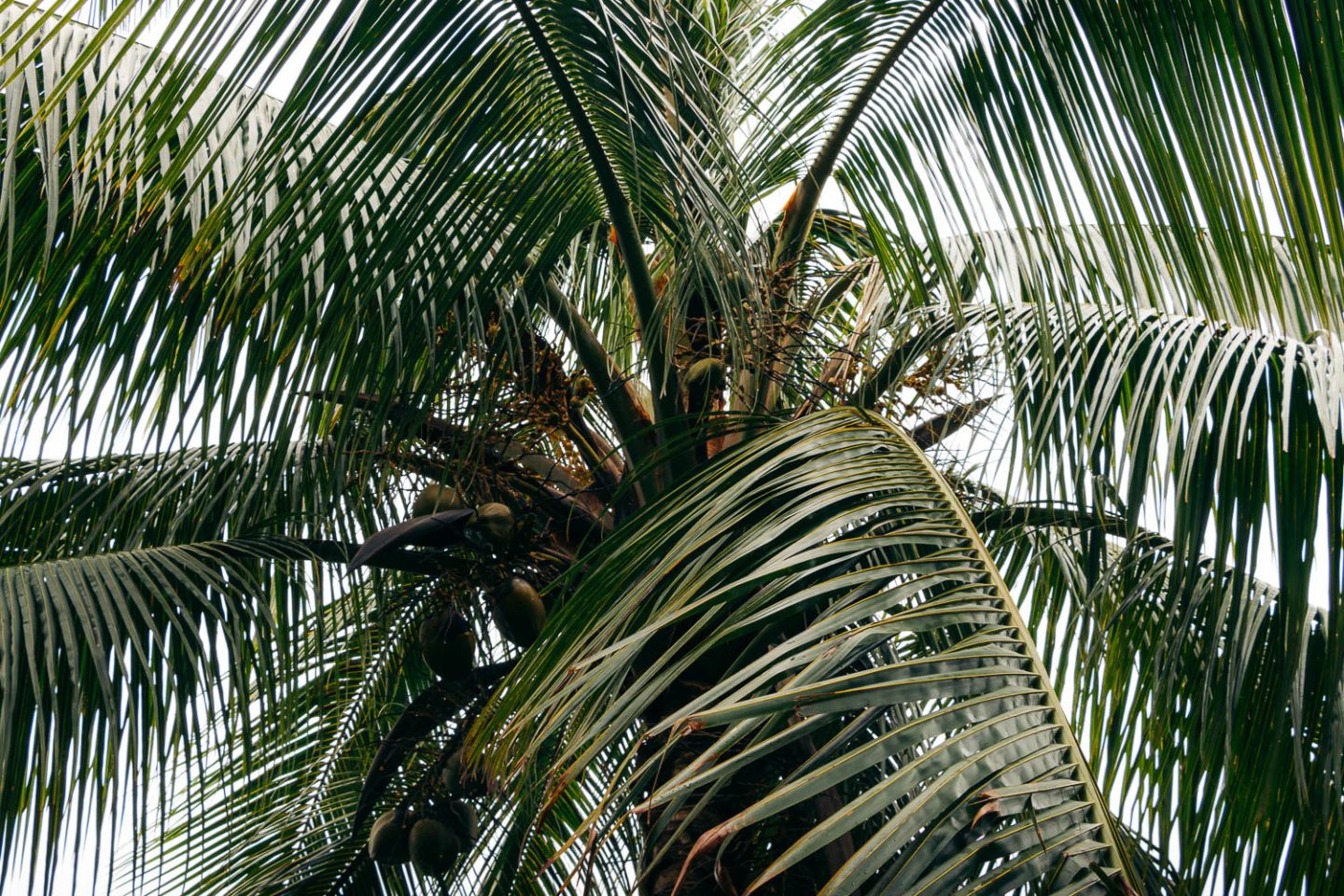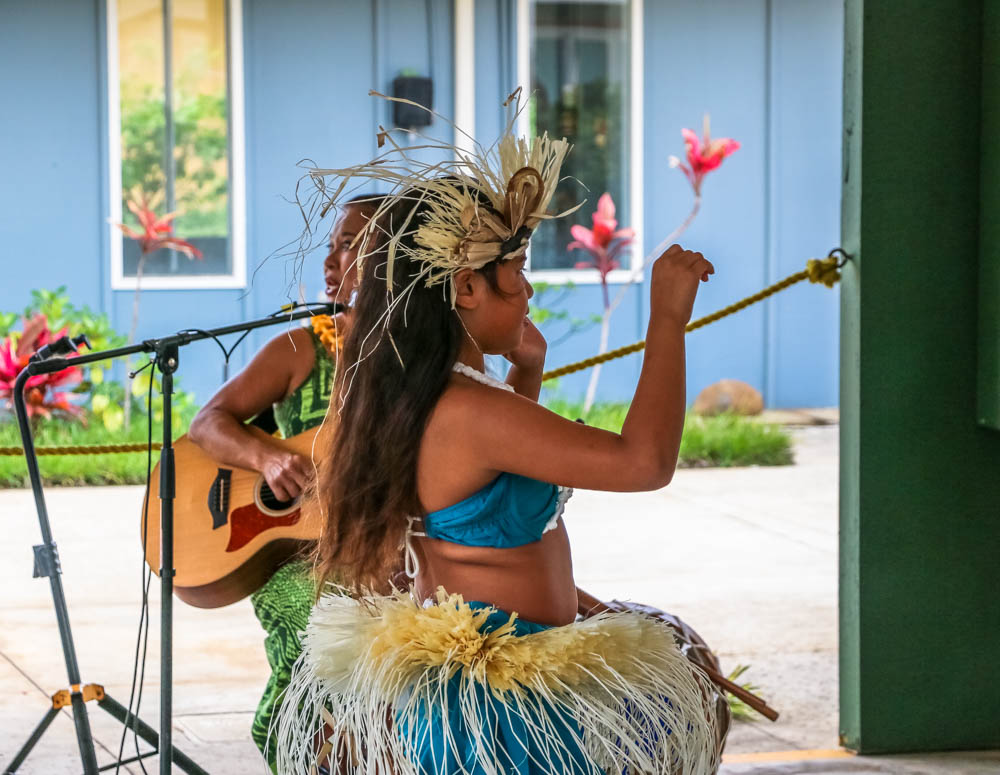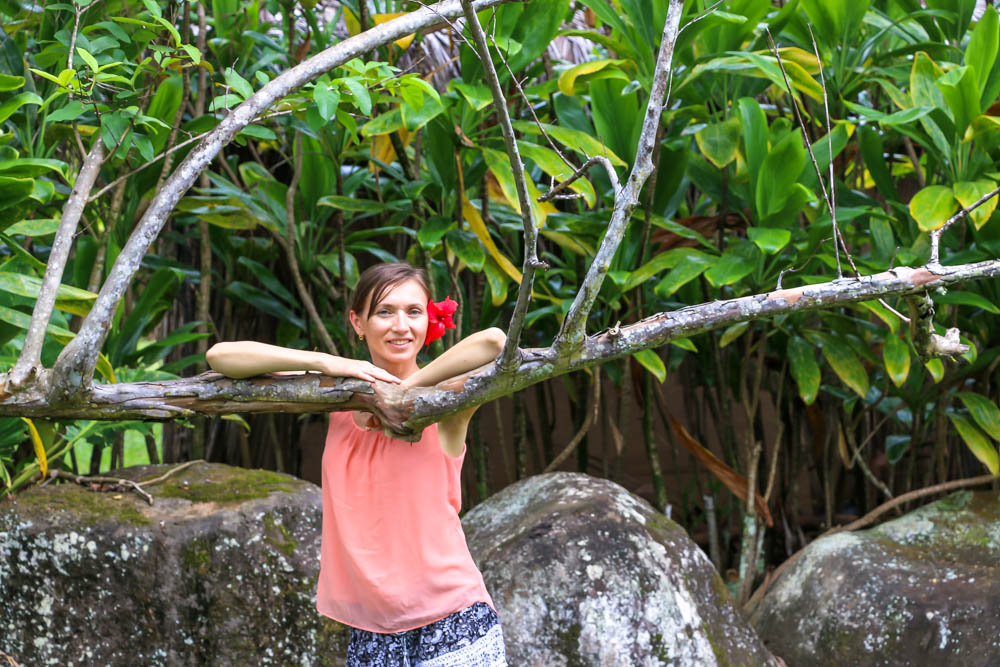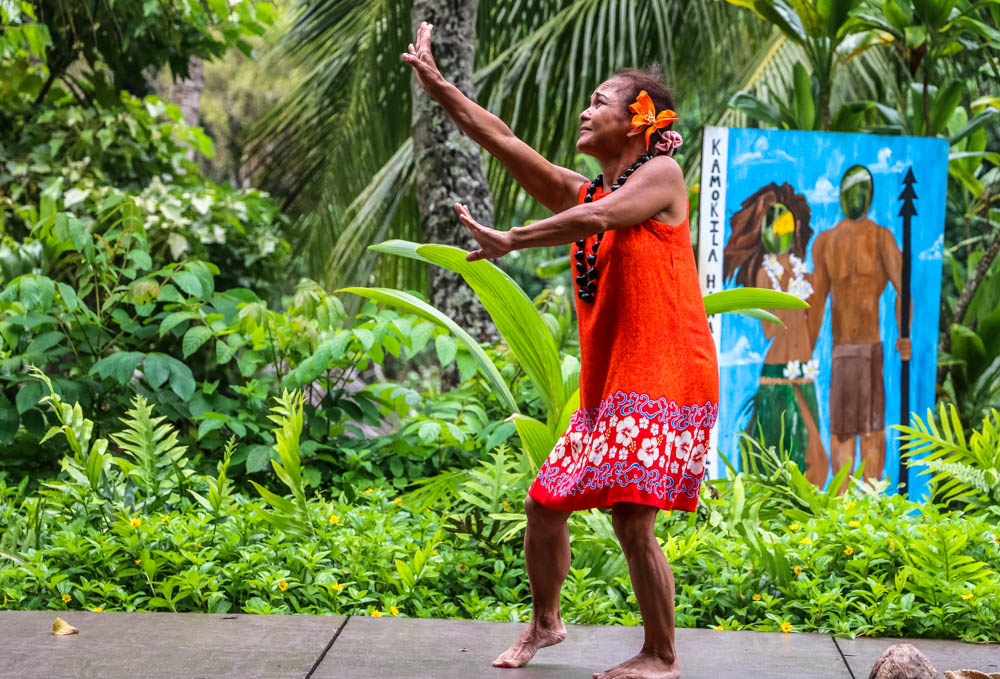Tropical weather, spectacular landscapes, and Hawaiian culture are just three components that make Hawaii so hard to resist.
Last updated: February 21, 2025

Hawaiian Culture: What Makes Hawaii so Irresistible
Hawaii welcomes you before you step off the airplane. In fact, Hawaiian culture and the Aloha Spirit first intrigue you many years before you decide to buy your ticket. Do you disagree? Then just remember those times when beautiful Hawaiians presented your favorite movie characters with lei garlands upon their arrival. What about those traditional tunes and dances that were chasing you in your dreams after seeing them on TV?
I’m not a big fan of the movies and TV shows any longer. However, I must give them credit for my first encounter with Hawaiian culture. It was an Ok-ish start. But only firsthand experience let me comprehend the magnitude and depth of this unique culture. Here’s what makes the Hawaiian Islands and their unique culture so irresistible.

EXPLORE HAWAIIAN CULTURE AND HISTORY
Hula
Hula is by far one of the most recognizable aspects of the culture. Dancers in grass skirts never cease to gather audiences even in the most remote parts of the islands. Their beautiful movements along with chants or contemporary music further emphasize the natural beauty of Hawaii.
But hula fulfills greater function than just providing aesthetic pleasure. The traditional dance tells us about the history, traditions, and culture of Hawaii. Moreover, hula has a unique ability to connect people that just met.
Hawaiian Culture in Lei Greeting
Hospitality is one of the essential characteristics of the island culture. Hawaiians are never shy to show their excitement and honor to have you as a guest. With great pleasure they present you with their famous garland or wreaths upon your arrival. Made from flowers, bird feathers, shells, seeds, and ivory, the Hawaiian lei garlands represent hospitality, love, respect, and the famous Aloha Spirit.

Flower Lei
Giving a lei flower is not only a sign of welcoming a new guest. As Hawaiian culture and traditions imply, the beautiful flower serves as a gift for many occasions including birthdays and graduations. Additionally, many women wear the leis tucked above their ears to enjoy the fragrance and celebrate the Aloha Spirit.
Aloha Wear
The Hawaiians like their flowers not only in their hairs or around their necks, but also on their clothes. Aloha wear, a clothing style with traditional Hawaiian floral prints, is a part of the culture that is as alive today as many years ago. Unlike other cultures, Hawaiian culture tightly holds onto its aloha attire. From floral dresses to world-famous men’s aloha shirts and pants, the Hawaiians take pride in wearing their aloha clothes.
No Shoes Inside
Hawaiian culture suggests that shoes need to stay outside in order to avoid bringing any filth into the house. The locals borrowed and adopted this custom from Japanese who at some point made up almost half of the Hawaiian population.
READ MORE: The Byodo-In Temple, Oahu: From a Vision to Reality

Honi Ihu
The Hawaiians often greet each other with honi ihu or touching of noses. Sadly, this custom is among the least known for foreigners. Have you ever seen the locals in Hawaii touching foreheads with their noses also touching and inhaling at the same time? This is the honi ihu, a ritual that conveys closeness in a relationship.
Hawaiian Luau
Many locals insist that luau or a Hawaiian feast featuring music and cultural performances is a must experience for those who are interested in Hawaiian culture. The first luau was held at the beginning of the 19th century. Any celebrations back then required women and men to be separated.
This, obviously, has changed, and so has food served during luau. A contemporary feast reflects the diversity of Hawaiian culture. Nowadays the popular luau dishes include poi, kalua pig, haupia, and laulau.
Read Next
- WATERFALLS AND LEGENDS: Rainbow Falls in Hilo, Big Island
- LESSONS FROM HAWAII: Haleakala National Park: Hawaii Taught Us to Slow Down
- CHILDREN’S BOOKS: 8 Crazy Interesting Children’s Books about Hawaii